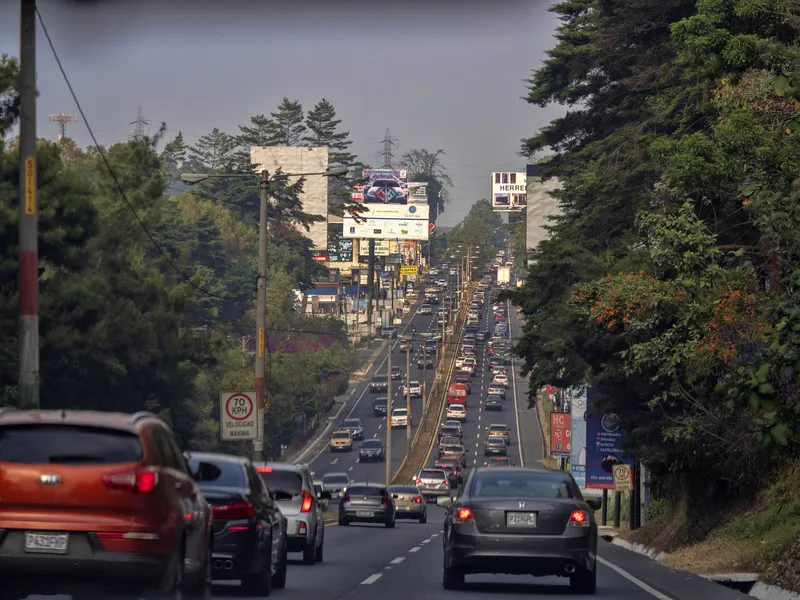
Kapsch TrafficCom has extended its footprint in Latin America by picking up a contract with authorities in Guatemala City.
The company will implement a centralised traffic signal system in the capital of Guatemala through a control centre to allow the operation of hundreds of intersections with traffic lights. It will also train personnel responsible for the operation and management of the system.
In addition, Kapsch is tasked with providing all the infrastructure for the renovation of the traffic control centre, including hardware and software to implement its mobility management tech platform EcoTrafiX.
The platform will enable fixed, actuated, responsive and adaptive time regulation modes: EcoTrafiX controllers will control 511 intersections, which will be renewed with new traffic lights, video detection cameras and variable messaging panels.
An open and standardised communication protocol will be used to enable and facilitate interconnection between equipment from different vendors.
Kapsch already runs urban mobility schemes in Buenos Aires (Argentina), Quito (Ecuador), Lima (Peru) and Panama City (Panama).
Santiago Rosas, Kapsch TrafficCom's solution consulting manager for Latin America, says: “The traffic light centralisation is one of the first steps towards intelligent mobility management, and will impact on better mobility for citizens in Guatemala City.”








